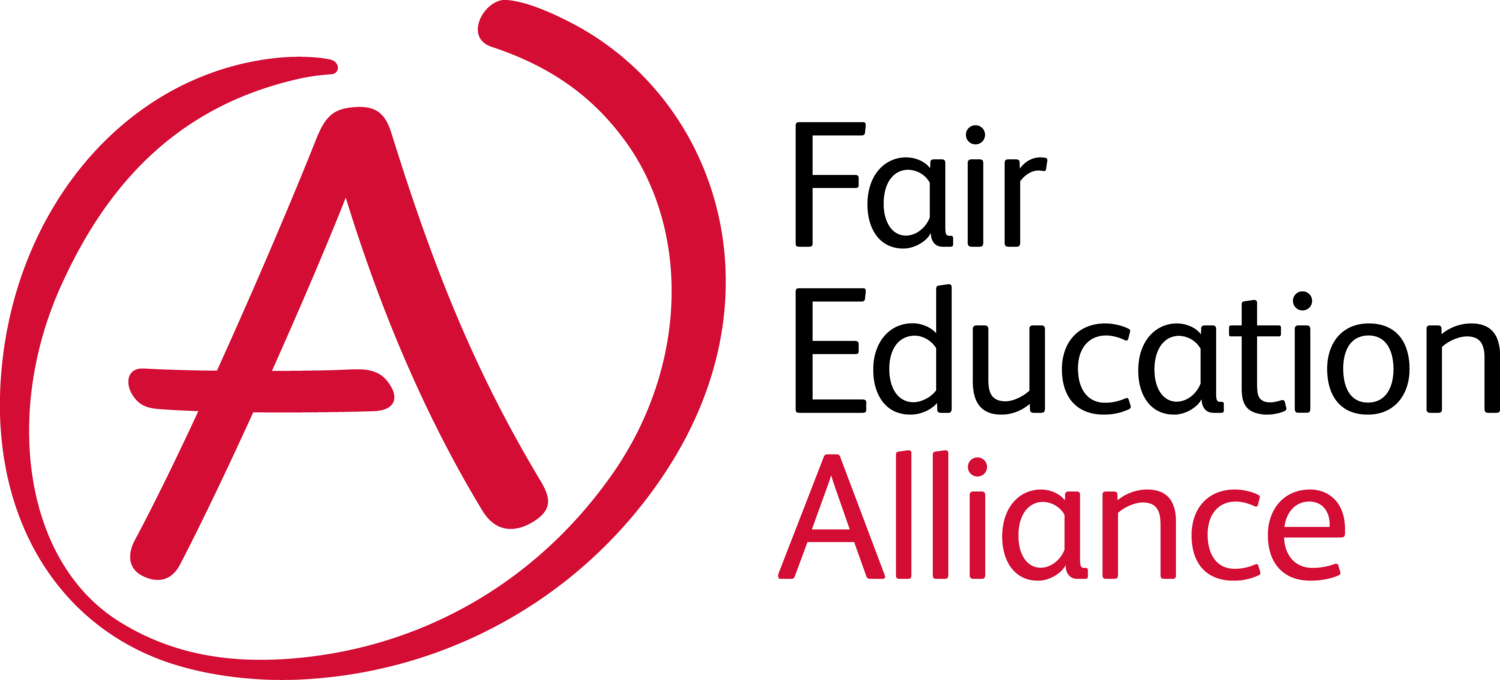Enabling Enterprise works to ensure that one day, all students are equipped with the skills, experiences and aspirations to succeed. Some days, that day seems a lot closer than others.
Today though, was one of those closer days. The uptick in my optimism was driven by the release of the third and final part of Teach First’s report on students’ progression beyond school – with this part focused on employability.
Employability vs. Employment
The first thing that got me excited was the separation of employability from employment. To the uninitiated this might feel strange. But it is vital that we see the components of employability as being useful not just for employment but for everything that happens before then – including a child’s time in school and being able to engage with and access learning along the way.
The report makes sense of this well, sensibly breaking down employability into three components: Firstly, information and guidance on what students’ employment and study options look like after school and the requirements to achieve those. Secondly, the usefulness of linking academic study in lessons to real-world application, bridging the classroom and the real world. Thirdly, and most interestingly, the development of the employability skills that young people need.
Employability Skills
It is hugely refreshing to see this third element here. Too often, employability skills are an after-thought or a polite cough – in teaching we still too often see them as unteachable whereas the provision of information and curriculum tweaks are tangible and actionable. Too often have teachers told me about their natural team leaders, natural presenters or natural leaders. And, by implication, those who are not.
Enabling Enterprise does take students to visit employers, increasing their understanding of the working world. We also provide a curriculum used with over 60,000 students last year to link classroom learning to the work of over 100 employers. But our primary focus is on building the skills that students need: Eight vital skills that we call the ‘enterprise skills’ but are equally life skills, soft skills, employability skills or achievement skills. They are: Teamwork; Leadership; Presenting; Understanding Others; Creativity; Problem-solving; Aiming High; and Staying Positive.
Teaching Skills
And the jury is very much in on their teachability: Recent work by the Jubilee Centre has confirmed that skills can be taught, and there is a growing body of evidence on individual skills – including the essential building blocks of resilience and empathy that the rest are built from. In this last year alone, Enabling Enterprise has tracked the skills of over 5,000 students across the year to see that not only are these skills teachable and measurable, but that it is possible for students, irrelevant of background, to be put on a successful trajectory for the future.
The Report highlights two of the key approaches that we have taken at Enabling Enterprise – adding rigour to employability skill development through measurability, and starting young from the age of 5. Together these make a huge difference, making the development of employability skills a key part of a students’ whole experience of school and also unlocking learning along the way. Of course, the skills at the beginning aren’t about employability at all – they’re about being empathetic and resilient. But they are the building blocks of success in school and thereafter.
To really make the difference though, there are three equally vital principles to make the development of employability skills really effective in school: Firstly, to choose a limited number of skills to focus on (we think eight is an upper limit) and use this consistently. Secondly, to use the understanding built by measuring students’ skills to really keep them working in their stretch zones – not just doing activities but actually building their skills. And finally, to show how those same skills are useful in school and in whatever they want to do next.
Looking Forwards
There is still a lot of work to be done. But we have seen that individual students can transform their skills, that this can be the case in whole classrooms, and in whole schools. We hope this report will be another nudge towards ensuring that one day, all students are developing the employability skills they need to succeed. .
Enabling Enterprise is an award-winning partnership of 230 schools and 110 employers, working to build students’ employability skills, experiences of the working world and aspirations. Find out more and get involved at www.enablingenterprise.org
Tom Ravenscroft, Founder & CEO, Enabling Enterprise








